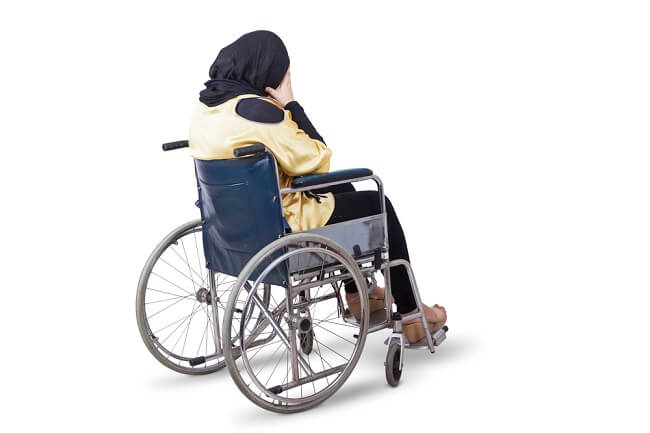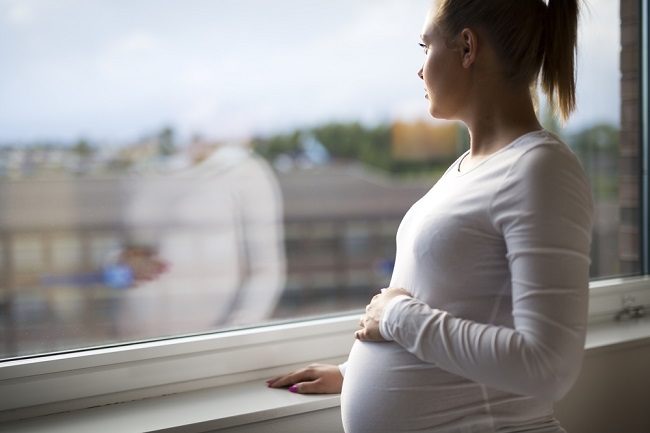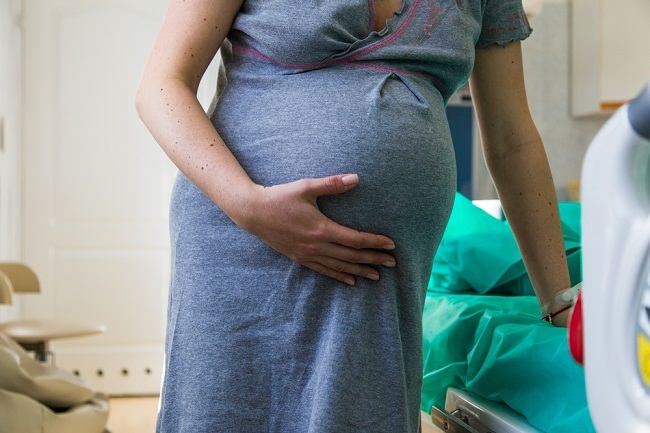Pregnant women are prone to dehydration. This is due to the increased need for fluids during pregnancy, as well as complaints of nausea that make pregnant women often vomit and have no appetite, so that fluid intake is reduced. In fact, dehydration during pregnancy can be dangerous. you know!
Ideally, fluids that enter and leave the body should always be balanced, especially during pregnancy. Excessive fluid loss that is not balanced with adequate fluid intake can make pregnant women less fluid, even dehydrated.

Pregnant women can become dehydrated if they don't eat and drink enough, for example due to fasting, diarrhea, frequent vomiting, and sweating a lot or feeling hot during pregnancy.
What Are the Dangers of Dehydration During Pregnancy?
Dehydration during pregnancy can harm the pregnant woman and the fetus in her womb. Here are some of the dangers that can occur:
1. Too little amniotic fluid
Amniotic fluid is a protective fluid that the fetus needs while in the womb. In addition, this fluid will give the fetus room for movement while in the womb. There are a number of factors that can cause a small amount of amniotic fluid. One of them is dehydration during pregnancy.
The volume of amniotic fluid that is too little, especially in early pregnancy, can lead to impaired fetal development or even miscarriage. Meanwhile, in the later stages of pregnancy, too little amniotic fluid can increase the risk of premature birth and complications during childbirth.
2. Triggers false contractions
Dehydration during pregnancy can also trigger Braxton-Hicks contractions, which are false contractions that usually last 1-2 minutes. These contractions generally occur in the third trimester, but can also occur in the second trimester.
When experiencing this condition, try to drink water in sufficient quantities. If it improves, it's possible that the contractions you're experiencing are caused by dehydration.
3. Very serious complications
In addition to the above conditions, pregnancy complications that can occur when pregnant women are dehydrated are decreased milk production, babies born with congenital defects, babies experiencing disorders of the nervous system, and premature labor.
4. Death of the baby or mother
Severe dehydration conditions that are not handled properly can cause hypovolemic shock which can threaten the lives of pregnant women and fetuses.
Looking for Signs of Dehydration
To prevent dehydration, always get enough fluids and recognize the signs of dehydration. The simplest way that can be done to recognize it is to pay attention to the color of urine. If the color of the urine is dark yellow and dark, it means that the pregnant woman's fluid intake is less. On the other hand, a clear and clear urine color indicates that the pregnant woman's body is well hydrated.
Apart from the color of urine, dehydration can also be recognized from the symptoms that appear. The following are the symptoms of dehydration based on their severity:
Mild to moderate dehydration:
- Reduced frequency of urination
- Feeling thirsty
- Sleepy
- Mouth feels dry and sticky
- Headache
- Dizzy
- Constipation
Severe dehydration:
- Decreased number and frequency of urination or none at all
- Dark yellow urine
- Feeling very thirsty
- Sunken eyes
- Very dry mouth
- Very dry skin and lack of elasticity (takes a long time to return to normal when pressed)
- Easily angry and confused
- Heart beating fast and breathing fast
- Faint
For mild to moderate dehydration, pregnant women can still handle it by drinking lots of water and getting enough rest. Meanwhile, for severe dehydration, pregnant women must get immediate medical attention.
How to Stay Hydrated?
Actually, preventing dehydration during pregnancy is quite easy, namely by drinking about 3 liters of water per day or the equivalent of 8-12 glasses.
However, it should be noted, if pregnant women do more activities, exercise, or do outdoor activities during hot weather, add 1 cup daily to the amount they usually drink.
In addition, do some of the following tips to maintain body fluid balance and prevent dehydration:
- Avoid caffeinated drinks, such as coffee, tea, and soft drinks. This drink has diuretic properties which can cause pregnant women to urinate more often.
- If you don't like drinking water, pregnant women can add sliced fruit to the water to add flavor. Some types of fruit that can be added are kiwi, lemon, and orange. Pregnant women can also eat fruits that contain lots of water, such as pears and watermelon.
- If pregnant women experience symptoms morning sickness, try to always eat and drink when pregnant women are not feeling nauseous.
Pregnant women also need to drink and eat before normal delivery to get enough energy and avoid dehydration. Always keep fluid intake so pregnant women avoid the dangers of dehydration during pregnancy.
If pregnant women experience severe nausea and vomiting that makes it difficult to eat or drink, consult a gynecologist for treatment. And remember, immediately consult a doctor if pregnant women experience symptoms of dehydration.









